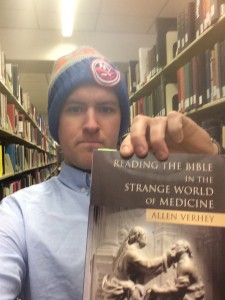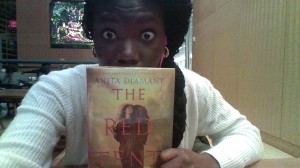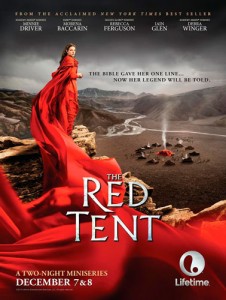Verhey, Allen. Reading the Bible in the Strange World of Medicine. Grand Rapids, MI: W.B. Eerdmans Pub., 2003. Print.
The topic of my final paper is how pro-life and pro-choice activists inappropriately use biblical literature to back their claims because they lack an interpretive lens. My search for a book that I would eventually use as a reference for my final paper began with a simple search in the online card catalog. I searched “Bible, Abortion.” From this I was led to a variety of different text sources regarding this topic. “Reading the Bible in the Strange World of Medicine” drew my attention because I believe it allowed for an interesting perspective on the issues surrounding abortion. I found this book on the top floor of the library and the books surrounding it mainly considered medical ethics, mainly the topic of euthanasia. I did not look into any of the other books in this section, as I believed “Reading the Bible in the Strange World of Medicine” was the most relevant.
“Reading the Bible in the Strange World of Medicine” is a collection of essays that analyzes scripture of the Christian bible, both Old Testament and New Testament, in regards to medical ethics. Further, this work of literature applies this lens of medical ethics to controversial issues within the Christian community such as assisted suicide and the topic of my paper, abortion. This book turned out to be useful for my paper as it did reference how the Bible was written in a time that was medically different. In addition, this book discussed how the bible was tough to interpret based off its strangeness, difficulty, and diversity of scripture. Both of these points I emphasize to back my topic mentioned earlier.


